The enduring mystery of dark matter has led some physicists to propose that it was forged in a distinct moment of cosmic creation, potentially transforming our view of the early universe.
By Stuart Clark
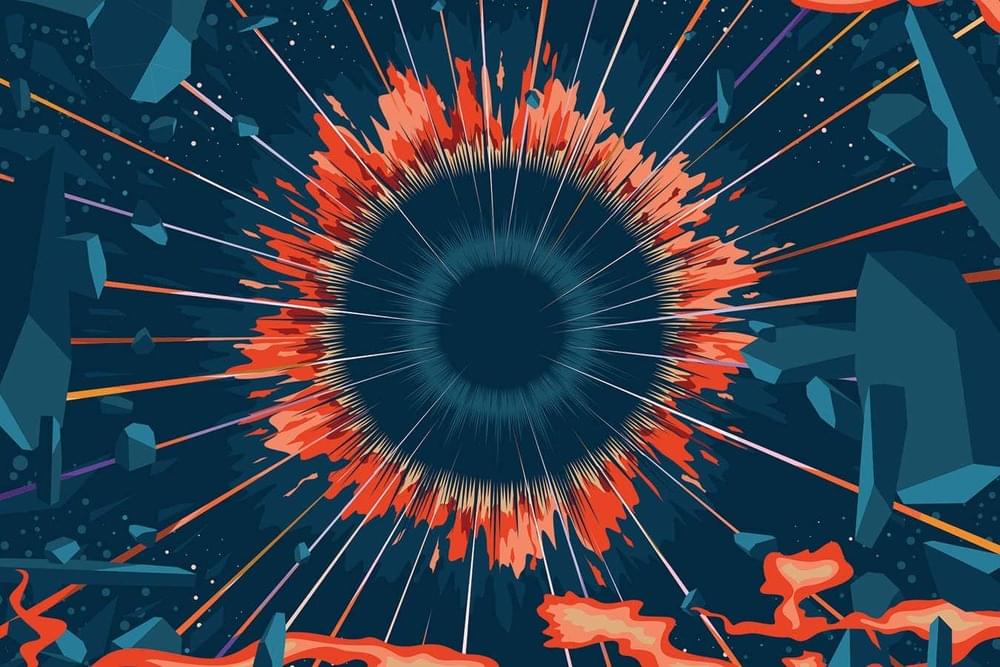
The enduring mystery of dark matter has led some physicists to propose that it was forged in a distinct moment of cosmic creation, potentially transforming our view of the early universe.
By Stuart Clark
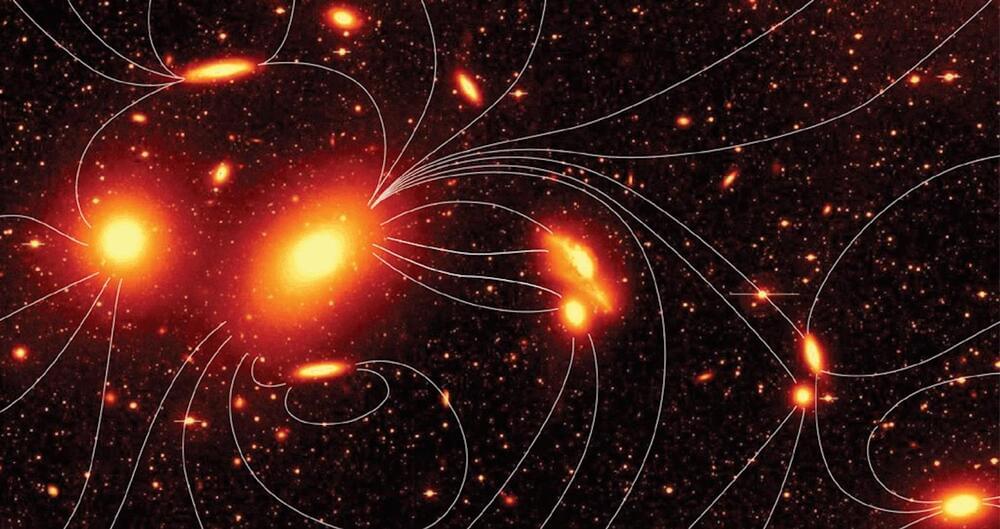
So the idea is that intergalactic magnetic fields would tend to cluster electrons and ionized intergalactic hydrogen along their field lines, making those regions of the intergalactic voids just slightly denser than the rest of the void. This would cause dark matter to cluster a bit along the field lines as well. The gravitational effect would be extremely tiny, but over the entire history of the Universe, it would add up. So if primordial magnetic fields did form in the early Universe, tendrils of dark matter should be present along the same lines.
In a recent work in Physical Review Letters the authors argue that this effect would produce minihalos of dark matter. Just as galaxies are surrounded by a halo of dark matter due to gravitational clustering, faint halos of dark matter should exist around primordial magnetic field lines to do the gravitational tug of ionized matter along the field lines.
What’s interesting about this idea is that over time the charged ions and electrons would interact with the primordial magnetic fields and tend to cancel them out. The ions and electrons could even merge to create neutral hydrogen, so in the modern Universe, there would be no trace of these early magnetic fields in regular matter. But the microhalos of dark matter would still exist, and they could be seen through the gravitational lensing of distant light sources. These tendrils of dark matter could be the only evidence remaining of the earliest magnetic fields in the cosmos.
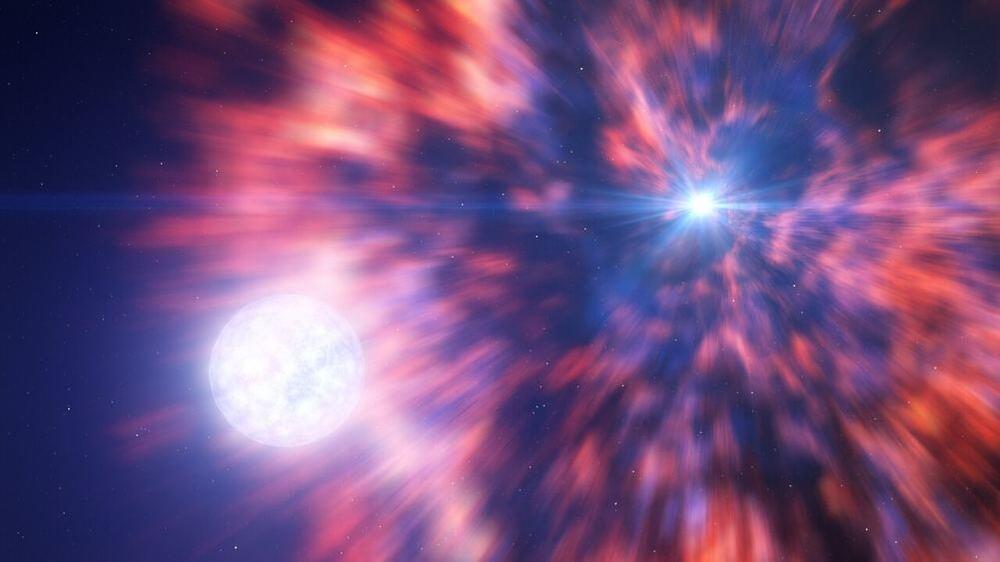
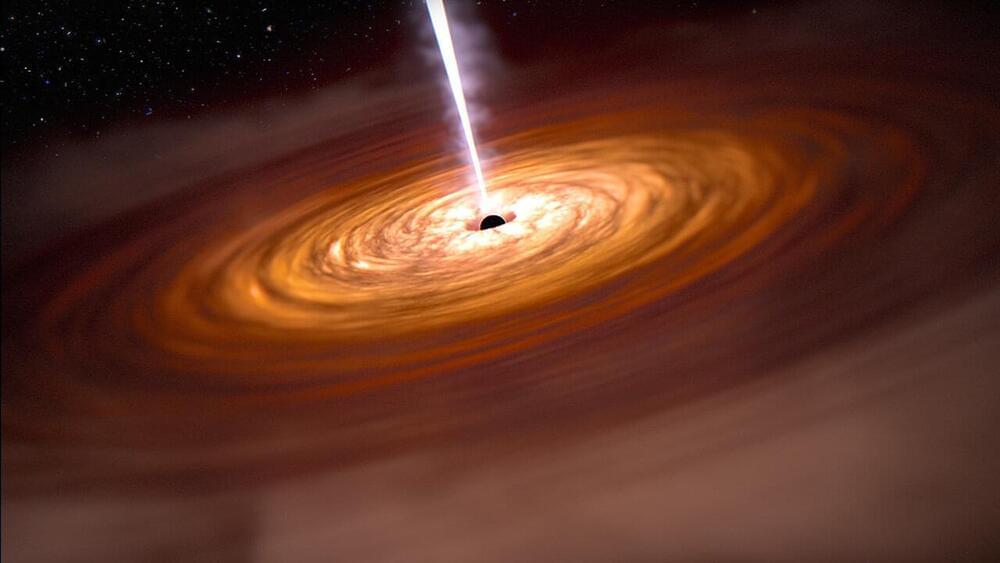
The Dark Energy Survey took an entire decade to produce a value for the cosmological constant—and it’s smaller than you might think! There were other stories as well, including one about primeval black holes, and because I am inescapably drawn by the relentless gravity of black hole news, it’s included below, along with two other stories related in one way or another to heads.
Dogs’ primary sense is olfactory, and if their visual perception flags something interesting in the environment, the first thing they do is stick their cute little noses in it. But the opposite is true for humans; we are able to perceive millions of colors, but only a fraction of the olfactory stimuli dogs are usually way too engaged with.
If you smell natural gas in your house, you go looking for the source with your cute little retinas and their super-dense constellation of photoreceptive cells to determine that one of the gas knobs on the stove is open. Researchers at Johns Hopkins University grew retinal organoids in a lab to determine how human visual perception develops.
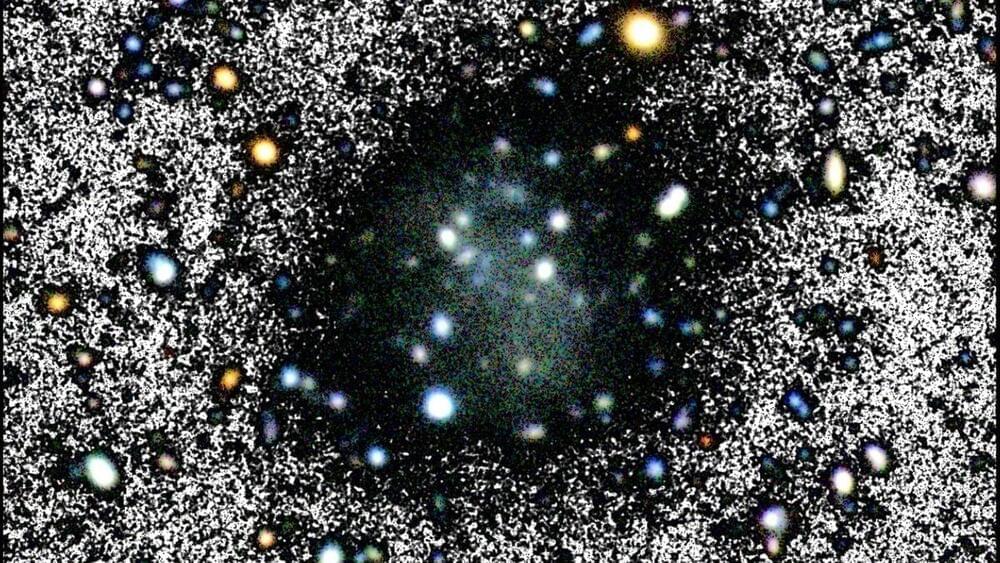
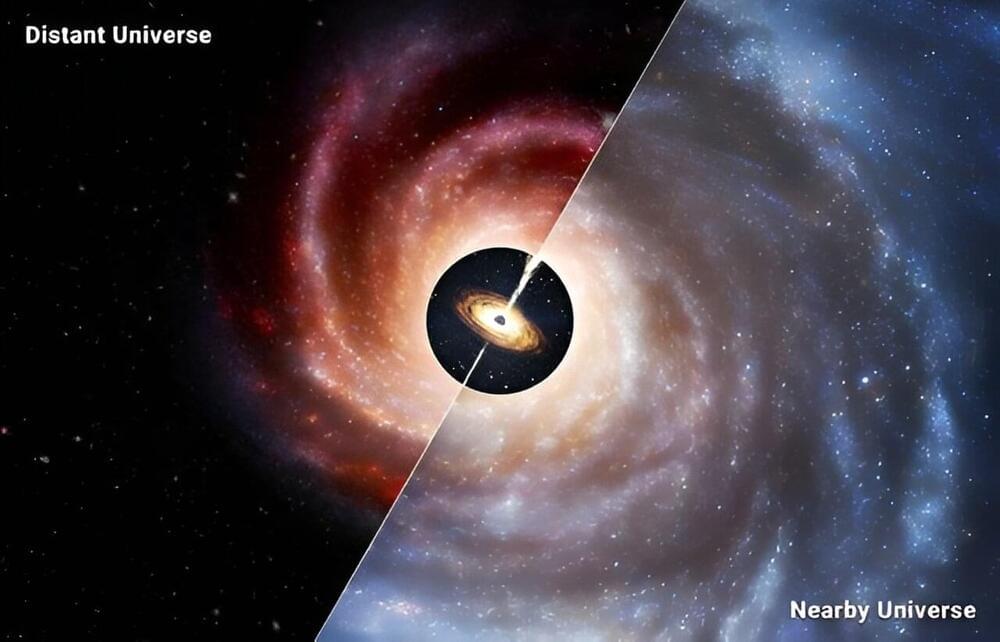
Black holes are very important for galactic formation.
Astronomers have discovered that the supermassive black holes in the centers of early galaxies are much more massive than expected. These surprisingly hefty black holes offer new insights into the origins of all supermassive black holes, as well as the earliest stages of their host galaxy’s lives.
In nearby, mature galaxies like our Milky Way, the total mass of stars vastly outweighs the mass of the big black hole found at the galaxy’s center by about 1,000 to 1. In the newfound distant galaxies, however, that mass difference drops to 100 or 10 to 1, and even to 1 to 1, meaning the black hole can equal the combined mass of its host galaxy’s stars.
This picture of unexpectedly massive black holes in fledgling galaxies comes from the James Webb Space Telescope (JWST), NASA’s latest flagship observatory. Until JWST, which launched in late 2021, astronomers were generally limited in their studies of distant black holes to stupendously bright quasars, composed of monster, matter-devouring black holes that completely outshine the stars in their host galaxies.
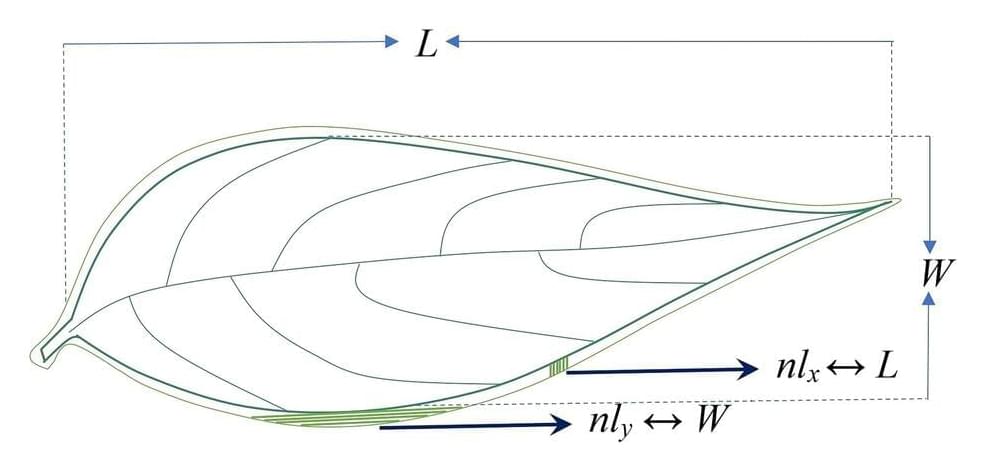
Complexity of biological forms has fascinated humankind over the years. Different species of plants have different leaf shapes. Have you ever wondered why it is so? Why does this shape diversity exist? Plants can change their leaf shapes over time and space. But how?
Does the distinct shape of leaf forms play a significant role in energy optimization? In fact, the shape of leaves has a lot to do with adapting to their surrounding environment. How is the unfolding of shape related to the evolutionary process of nature? These intriguing questions have led us to focus on quantitative approaches to the complexity of plant leaves.
Quantifying leaf shapes using Euclidean shapes, such as circles, triangles, etc., are appropriate to only a few plant species. Therefore, various quantitative measures of leaf shapes have been developed with varying accuracy. But Is the shape of an object really its actual shape? Visual perception of definite shape or geometry of physical objects is only an abstraction.
NASA scientists have identified unexpectedly massive clouds of cold gas within the spiral galaxy NGC 4,945, located 13 million light-years away.
As per the release, the revelation of this cold gas serves as the discovery of a “galactic fossil.”
The observations suggest that the gas likely rushed through this galaxy following the outburst from its supermassive black hole some five million years ago.
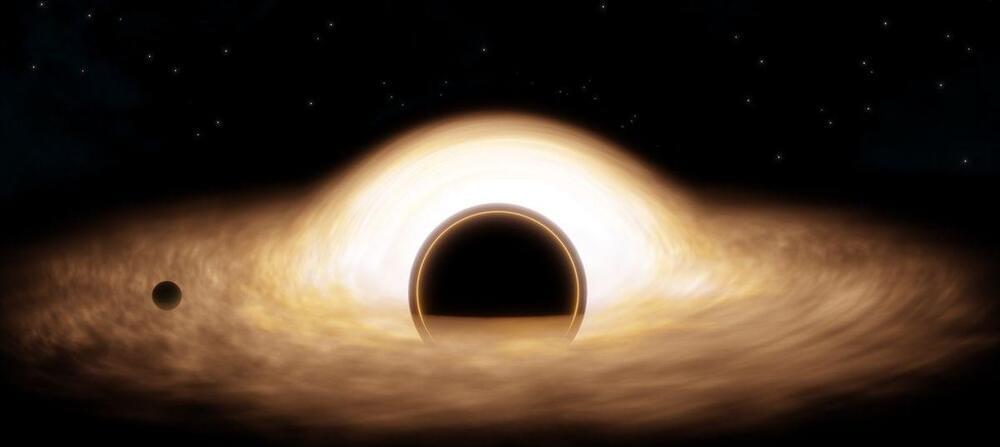
The key to understanding our universe lies in two theories—one of the generally-very-big and one of the generally-very-small. Albert Einstein’s Theory of General Relativity explains things like gravity and time, while Quantum Field Theory explores the subatomic world. However, one celestial object frustrates astrophysicists and quantum theorists in equal measure: black holes.
Because black holes release Hawking radiation (named for famous physicist Stephen Hawking), they eventually evaporate, which seemingly destroys the information that fell into the black hole. However, quantum field theory states that information cannot be destroyed. Result? Paradox.
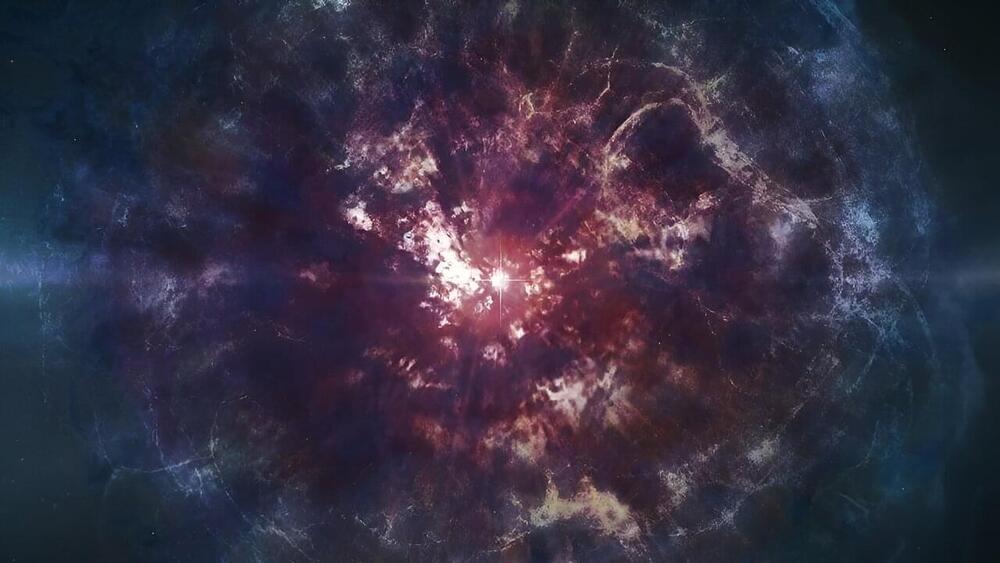
Scientists have found a star unlike any other one recorded—which may change our understanding of how stars die.
This unusual star, 13,000 light-years away, has an elemental makeup that suggests it was formed in the aftermath of a more massive star exploding in a way that no existing theory seems to explain. According to everything else we know, the original star should have turned into a black hole instead.
The discovery may rearrange our picture of how stars explode and how some of the heavier elements are made. It also helps us better understand what the first generation of stars in the universe may have looked like.